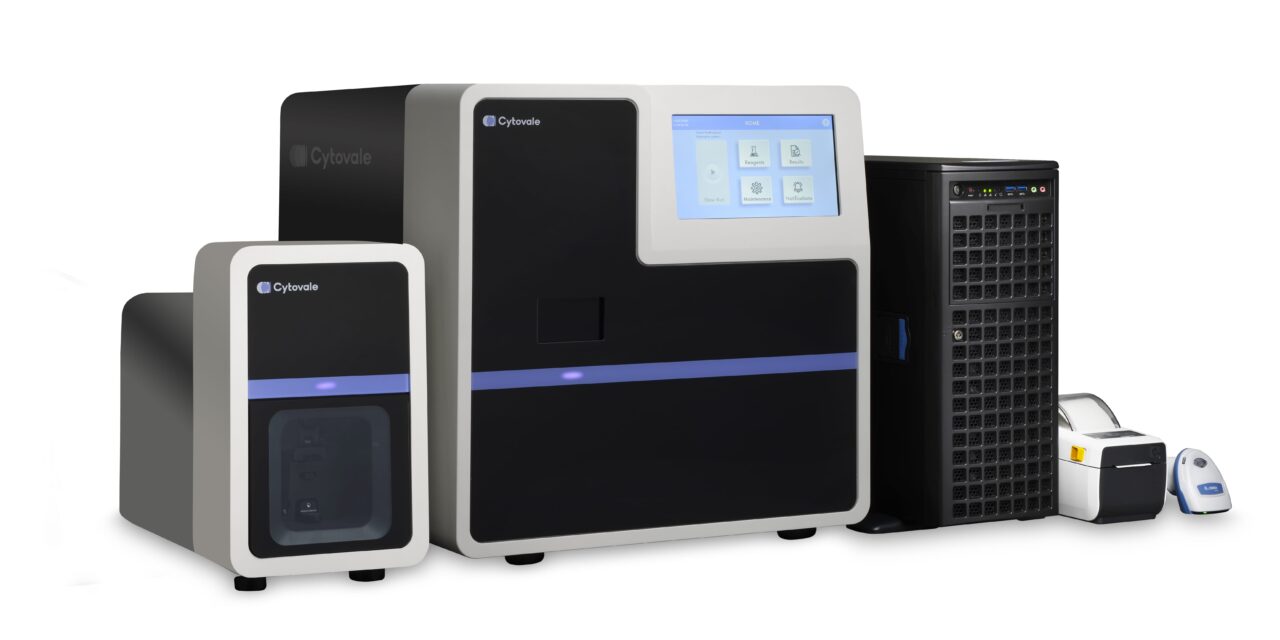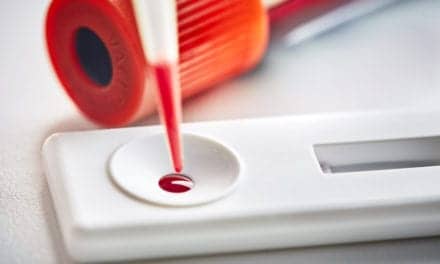A multicenter study found that early sepsis risk testing at triage led to more ED discharges and lower inpatient bed use without compromising patient safety.
New multicenter study data reveal that targeted sepsis testing at triage in the emergency department (ED) may be key to preserving inpatient bed capacity for the most severe patients.
Cytovale’s rapid sepsis diagnostic IntelliSep drove a 56% relative increase in ED discharges among low-risk patients and lowered inpatient bed utilization, without increasing the rate of return visits.
The study, being presented at the 2025 Association for Diagnostics & Laboratory Medicine (ADLM) Clinical Lab Expo, evaluated 4,650 patients with signs and symptoms of infection tested with IntelliSep over four months at four hospitals in the Franciscan Missionaries of Our Lady Health System in Louisiana and Mississippi.
When used early in triage, IntelliSep’s risk stratification and decision-making insights helped clinicians reduce unnecessary admissions and discharge patients with greater confidence.
Key study findings:
- 56% relative increase in ED discharge rate for patients classified as low sepsis risk (IntelliSep Band 1)
- No significant change in ED 30-day return rates, underscoring patient safety was uncompromised
“Improving quality of care in the ED required our health system to tackle sepsis, a time-sensitive condition that can be deadly if not addressed quickly. Rapid diagnostics like IntelliSep help our team make better treatment decisions,” says Christopher Thomas, MD, vice president and chief quality officer at Franciscan Missionaries of Our Lady Health System and critical care physician at LSU Health Sciences Center, in a release. “By ruling out sepsis for low-risk patients, we’re reducing avoidable admissions and creating bed capacity for critically ill patients.”
IntelliSep’s rapid host-response test takes approximately eight minutes from blood to result and can be used in ED triage with a standard blood draw to risk-stratify patients. The results aim to enable clinicians to have greater confidence in who they can discharge and who requires urgent intervention and potential admission.
“This study underscores how IntelliSep enables ED teams to act with clarity when treating patients suspected of having sepsis,” says Bradley Burns, MD, emergency medicine medical director at St. Dominic Hospital and co-author of the study, in a release. “With IntelliSep, we’re not only able to make decisions faster, but we are also able to treat more confidently, clearing a path through the ED that enhances patient safety, allows judicious use of resources, and focuses our clinical response.”
Photo caption: Intellisep
Photo credit: Cytovale




